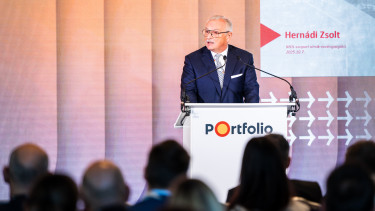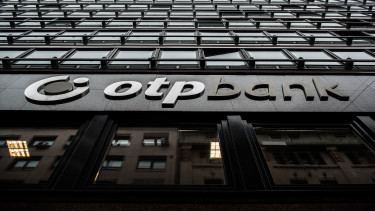Equity
Trump rally is over, so what? Equity markets could continue to rally
Adam Lessing, Head of Central and Eastern Europe for Fidelity International, will be one of the speakers at Portfolio’s Investment, Wealth and Savings (IWS) conference next week. Don’t miss it! Register today!
The Trump rally is over. What do you think, how big the stock market correction could be?
Markets have rallied since the US elections, but we don’t think this has just been because of Donald Trump. We’ve also seen a strong pick-up in global growth, with the picture improving across both developed and emerging markets. Equity markets could therefore continue to rally.
It’s also important to bear in mind that the market action post-November has been abnormally calm. The S&P 500 didn’t see a market fall of more than 1% for over 100 days, which is unusual compared to history. As such, the recent correction could be seen as the normal type of behaviour that investors see in bull markets.
Do you see any signs of stock market bubbles?
It’s very contentious to say that something’s in a bubble, but I certainly think US equities look expensive. The forward multiple for the S&P 500 now stands at 17.5, the highest since 2004, and US stocks seem to be pricing in relatively little downside. Our research, however, suggests that a bubble does not burst because of valuation alone. The greater concern for US equities is that these valuation levels are coming at a time when we have the Federal Reserve tightening interest rates, a heightened risk of trade protectionism and significant risks to Chinese growth in the medium term.
Many of the bigger analyst firms now think that the European stock market is more attractive than the US market. What is Fidelity’s opinion?
I agree with that. While Fidelity does not have a house view, within our major Multi-Asset-Funds for example, we are long on European equities and negative on the US. European economic data has been strong over the past six months, with the eurozone having actually outgrown the US last year. While US equities are pricing in an optimistic picture of the economy, investors are still discounting political risk in European equities, helping to make them attractive on a relative valuation basis. Although there are political risks around Italy, we believe this is likely to be a story for 2018 rather than this year.
With the low interest rates it is cheaper to issue bonds for the companies. Where is now the company debt ratio in Europe and in the USA and how can this be affected by the Fed’s tightening policy?
Low interest rates have certainly helped to boost debt issuance, with total US debt issuance having increased dramatically since the financial crisis. At the same time, we’ve actually seen US net equity issuance falling. So Fed tightening might have a bigger impact on corporates than before. The real point about the Fed, however, is that US equities only tend to do well in tightening cycles when earnings growth is coming through. With US profitability already high and rising pressures from wages, it’s difficult to see this coming through unless we see businesses investing more.

Which are now the most exciting stock markets and regions to invest in?
Japanese equities are an interesting area globally, with the economy having shown signs of gradual improvement across the last six to nine months. Japan is a higher beta market, meaning it tends to benefit disproportionately from a cyclical upswing in global growth, and you also have the reform driven agenda of Shinzo Abe. At the same time, financial conditions should remain reasonably accommodative, with the Bank of Japan determined to keep the yen weak and boost inflation in the economy.
Europe offers the same higher beta benefit, and the market is discounting the strong economic picture based on political risks - which we believe to be overdone. Indian equities are another attractive opportunity. India’s reformist Prime Minister, Narendra Modi, looks to have gained a significant boost with his BJP party winning a landslide in state elections. This should ensure continued political stability and structural progress. Importantly, it makes another BJP success in 2019 general elections - perhaps even a majority in the Upper House, which would catalyse further reform efforts - look very likely.
Adam Lessing, Head of Central and Eastern Europe for Fidelity International, will be one of the speakers at Portfolio’s Investment, Wealth and Savings (IWS) conference next week. Don’t miss it! Register today!













